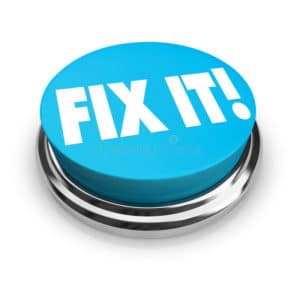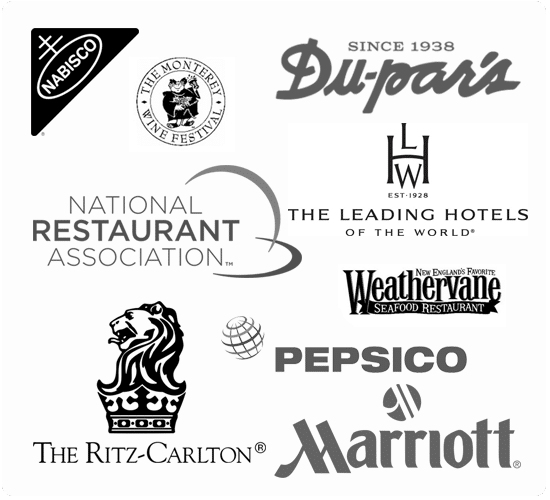
There is an interesting story told by a management professor who was teaching a course in management at the graduate level in an Ivy League School. He asked the students, who were from various business with many years of management experience before attending graduate school, “How many of you know how to manage a business?”
Almost every student immediately raised his or her hand. Then he asked, “How many of you know how to fix a business?” One by one, the hands began to come down.
There are many great management schools that teach us how to be good managers. Lean Management teaches us not only how manage but also how to improve the business. As restaurant consultants in Florida, we can help fix your business.
Lean is a concept that is based on the Toyota Production System. Toyota learned early on that business must constantly improve. This does not happen by attending a workshop or improvement seminar once a year, but Toyota has learned to train each employee in their plants to learn how to manage their own small area as though it were their own business and then how to improve the business.
Management is often too busy to become involved in the day to day, small problems that occur in the work area, the area closest to the customer. Much of the success that Toyota experiences today comes from the hundreds and hundreds of employees who day after day look at the process of making a vehicle and then implement methods to improve the process.
Can these “Lean” methods be transferred to other industries? The answer is yes! Many industries such as health care and hospitals, furniture manufactures, government agencies, etc. are now using the principles and practices of the Toyota Production System. In the past few years, large hotels, restaurants, food manufacturing companies and other companies in the hospitality field have been successfully implementing lean.
The question is changing from “Does your facility do lean?” to “How far along are you in your lean efforts?”
Lean is not a one size fits all system. Working with and partnering with a consulting group that has lean experience can save the organization thousands of dollars and labor hours. Together, the client and consultant often experience outstanding accomplishments.
Examples of Lean in the Hospitality Industry:
In a bakery manufacturing operation, each employee would daily mix, bake, and decorate their own cakes. A lean, one-piece-flow line was created, production nearly doubled using the same number of labor hours.
In a frozen dough manufacturing plant, machine changeover from one type of dough to another could take many hours. A lean team consisting of maintenance, production and sanitation employees reduced the changeover time to less than one hour. This resulted in total labor savings time of over 20 hours per changeover.
Lean is about improving the process. A large restaurant formed a team of servers, hosts and kitchen staff to study the process of the guest dining experience. They observed and timed each step of the process during several busy Saturday nights. Working together they reduced the dining time for the guest by nearly 30%.
A deli constantly had holes in the display case where products had been and not replaced after they were sold. Often the holes would remain for several hours until someone had time to restock the product.
A simple card (Kanban) system was set up and when the last of the product was used, a card with the product description, was sent to the prep area and a new product was brought to the display case. After the card system was in place, the display case remained completely stocked from opening of the shift until closing.
A grocery chain formed a lean team consisting of the president and his staff of eight executives. The team attended lean training and then selected problems to work on using lean methods and tools. The team solved many small problems, but the most important outcome was at the end of the problem solving exercise as each of the executives formed a lean team of their own and during the following ten weeks, nine teams of six employees or 54 employees, were involved in learning how to apply lean in their work areas and how to improve the work.
Lean Management or Lean Manufacturing is a system that focuses on what is a value for the customer. The system helps focus everyone’s attention on reducing those activities that do not add value for the customer. Non-value added activities are called waste in a lean environment and teaching everyone in the organization, from the person who does the work on the “shop floor” to the executive management team how to identify waste and then how to eliminate waste is one of the main purposes of lean.
Let’s talk if we can assist in “fixing” your restaurant or hotel F&B. Restaurant consultants can help!
